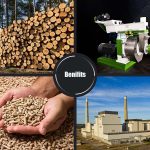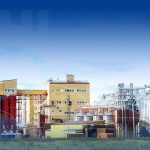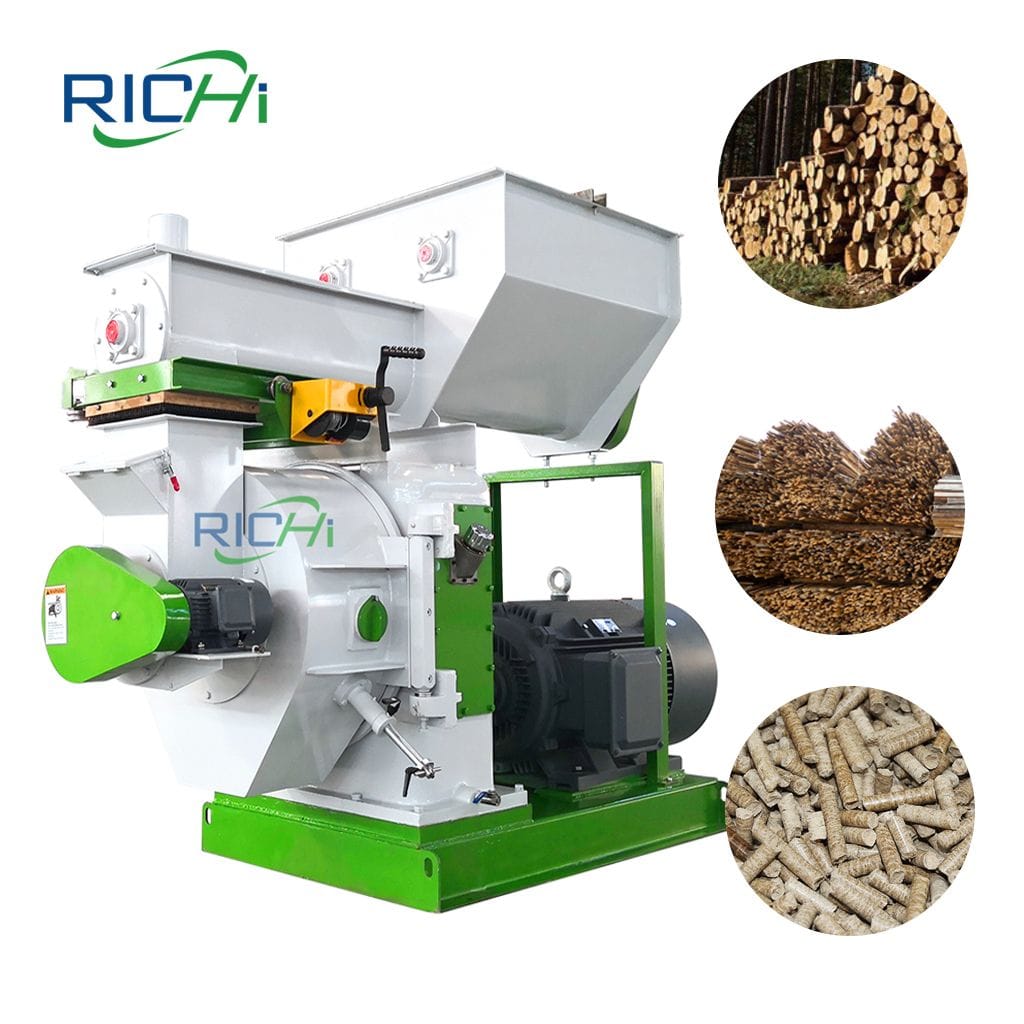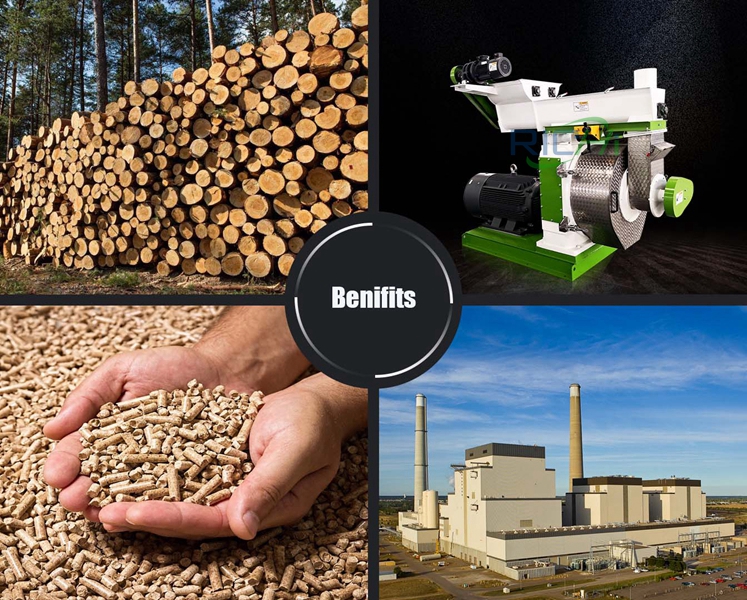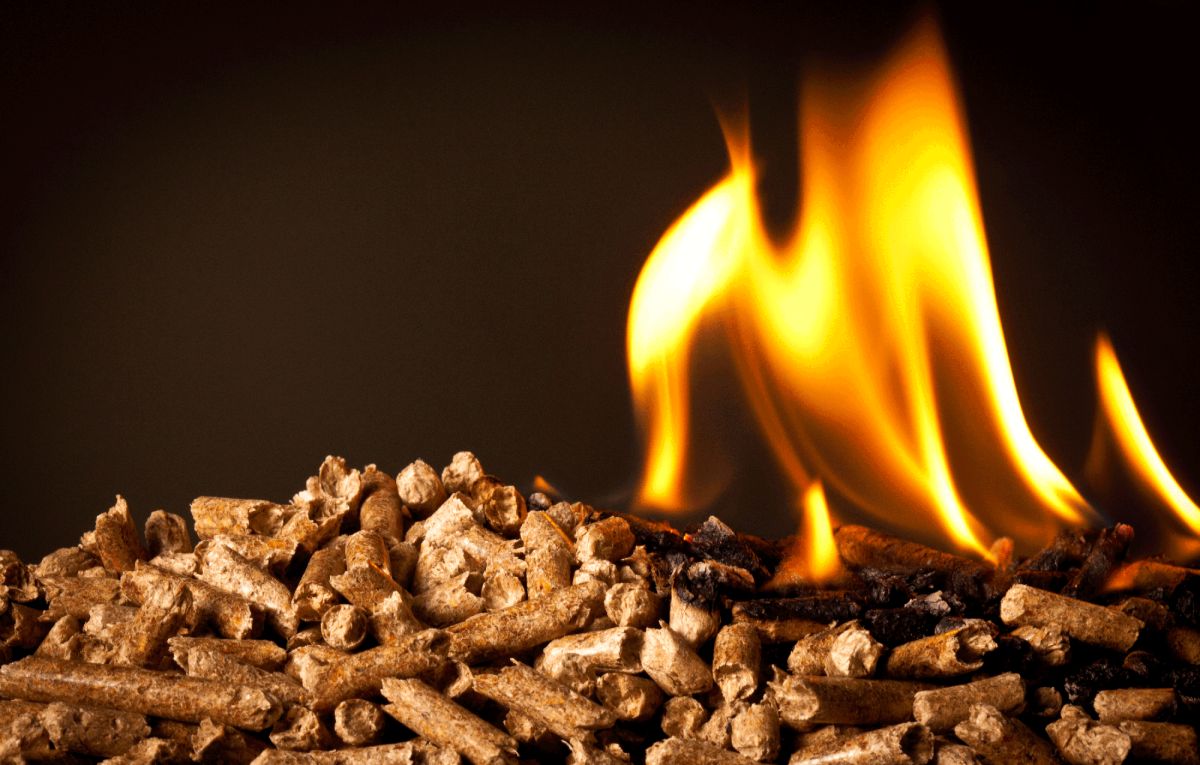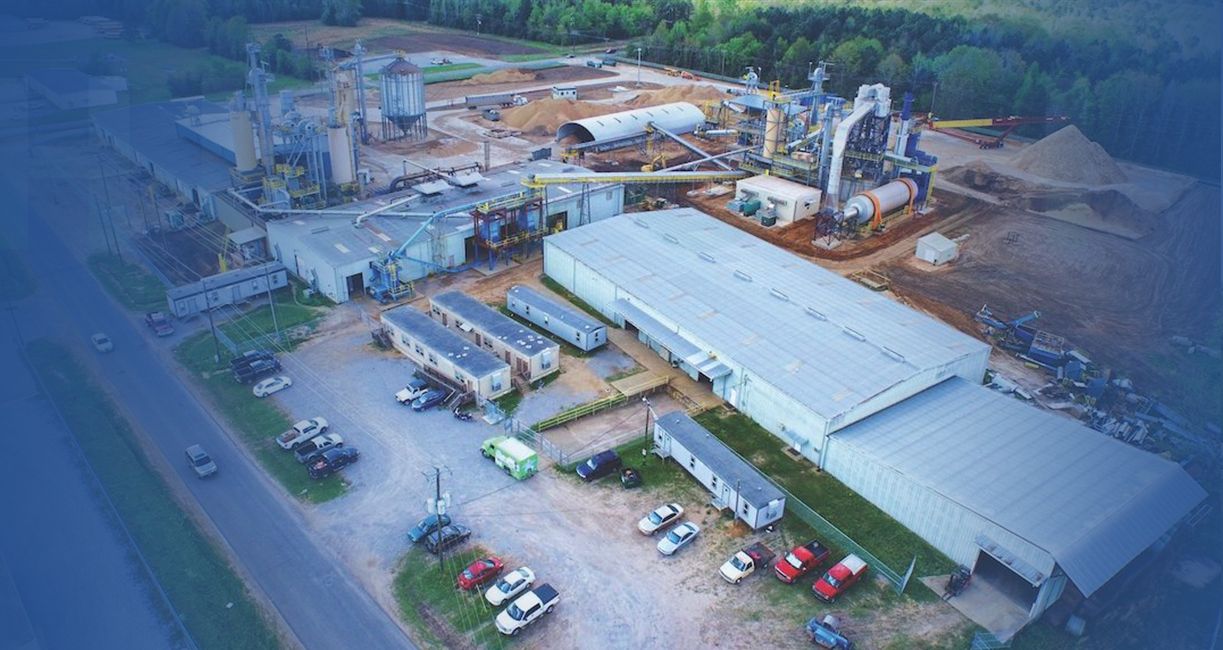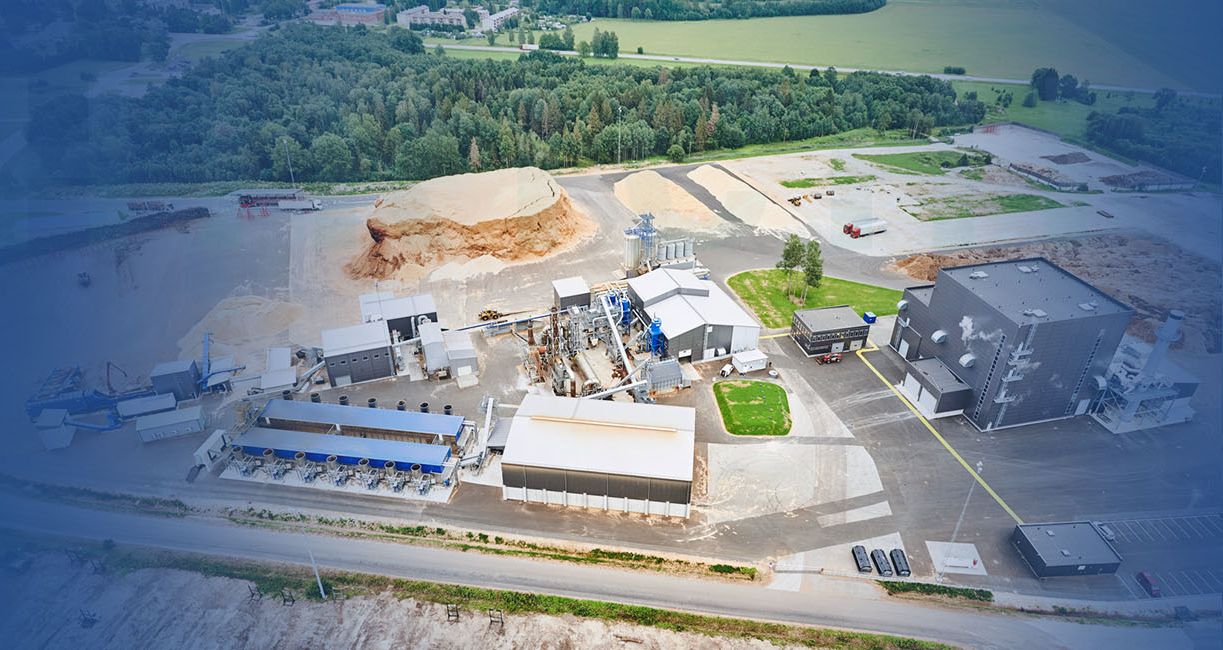In the evolving landscape of renewable energy, hardwood pellet mills have emerged as key players in transforming woody biomass into compact, energy-dense pellets. These specialized mills offer a promising solution for sustainable heat and power generation, addressing the global demand for efficient biomass fuel sources.
The Significance of Hardwood Biomass
Hardwood biomass derived from deciduous trees and woody plants provides several advantages as a renewable energy source:
- Carbon Neutrality: Burning hardwood biomass releases CO2 absorbed during growth, making it a relatively carbon-neutral energy source.
- Abundant and Renewable: Hardwood forests can be sustainably managed and replenished, ensuring a continuous biomass supply.
- Energy Density: Hardwood pellets boast a higher energy density than other biomass sources, enhancing efficiency and cost-effectiveness in energy production.
- Versatility: Used in residential heating, industrial boilers, and power plants, hardwood pellets offer flexibility in various energy applications.
- Local Sourcing: Often sourced locally, hardwood biomass reduces transportation costs, supports regional economies, and promotes energy independence.
The Role of Hardwood Pellet Mills
Hardwood pellet mills are pivotal in converting raw biomass into efficient fuel sources:
- Increased Energy Density: Pelletization compresses biomass into dense pellets, enhancing energy content for efficient storage, transportation, and combustion.
- Consistent Quality: Advanced mills ensure uniform pellet size, density, and moisture content, optimizing combustion and energy output.
- Efficient Processing: Streamlined workflows integrate drying, grinding, and pelleting stages, boosting overall efficiency and productivity.
- Emissions Reduction: Hardwood pellets produce lower emissions than fossil fuels, contributing to cleaner and sustainable energy solutions.
- Versatility: Mills handle various hardwood species and biomass feedstocks, accommodating diverse raw material sources.
- Scalability: Available in different capacities, mills can scale operations to meet rising demand across residential, commercial, and industrial sectors.
Key Components of Hardwood Pellet Mills
Efficient hardwood pellet mill operations require essential components:
- Drying System: Crucial for reducing biomass moisture content to optimal levels for pelleting and combustion.
- Grinding and Milling: Equipment to achieve desired biomass particle size, ensuring efficient pelleting.
- Mixing and Conditioning: Systems for uniform moisture distribution, critical for consistent pellet quality.
- Pelleting Unit: Core component that compresses and extrudes biomass into durable pellets under heat and pressure.
- Cooling and Drying: Post-pelleting systems stabilize pellets, preventing moisture retention and ensuring long-term storage stability.
- Quality Control and Monitoring: Rigorous monitoring and testing uphold stringent quality and safety standards.
- Automation and Process Control: Advanced systems maintain product consistency, optimize efficiency, and minimize downtime.
- Auxiliary Systems: Support equipment like material handling and dust collection systems ensure safe and efficient mill operations.
Related post: Biomass Pellet Machine For Sale
Factors Influencing Hardwood Pellet Mill Success
Critical success factors include:
- Biomass Supply: Reliable sourcing of high-quality hardwood biomass crucial for consistent pellet production.
- Expertise: Utilizing skilled biomass specialists and engineers to optimize production processes and pellet quality.
- Technology and Automation: Investments in advanced technologies enhance efficiency, reduce costs, and improve product consistency.
- Sustainability: Implementing eco-friendly practices and complying with environmental regulations to minimize operational impacts.
- Workforce: Employing trained personnel ensures efficient mill operation and maintenance.
- Continuous Improvement: Embracing innovation and upgrading equipment to sustain competitiveness in the biomass energy market.
Opportunities and Future Outlook
The future outlook for hardwood pellet mills is promising, driven by:
- Renewable Energy Demand: Increasing global focus on reducing emissions fuels demand for sustainable biomass like hardwood pellets.
- Technological Advancements: Research enhances biomass processing, pellet quality, and combustion technologies.
- Sustainable Practices: Responsible forestry management supports a steady supply of hardwood biomass for pellet production.
- Decentralized Energy Solutions: Growing interest in localized energy production boosts opportunities for community-based pellet mills.
- International Collaboration: Global partnerships and investments accelerate development of hardwood pellet mill facilities, fostering economic growth and innovation.
In conclusion, hardwood pellet mills are pivotal in leveraging hardwood biomass as a sustainable energy source. Investing in these technologies supports renewable energy goals, promotes environmental stewardship, and drives economic development. As global energy priorities shift towards sustainability, hardwood pellet mills will continue to play a vital role in advancing biomass energy solutions for a cleaner and more resilient future.



